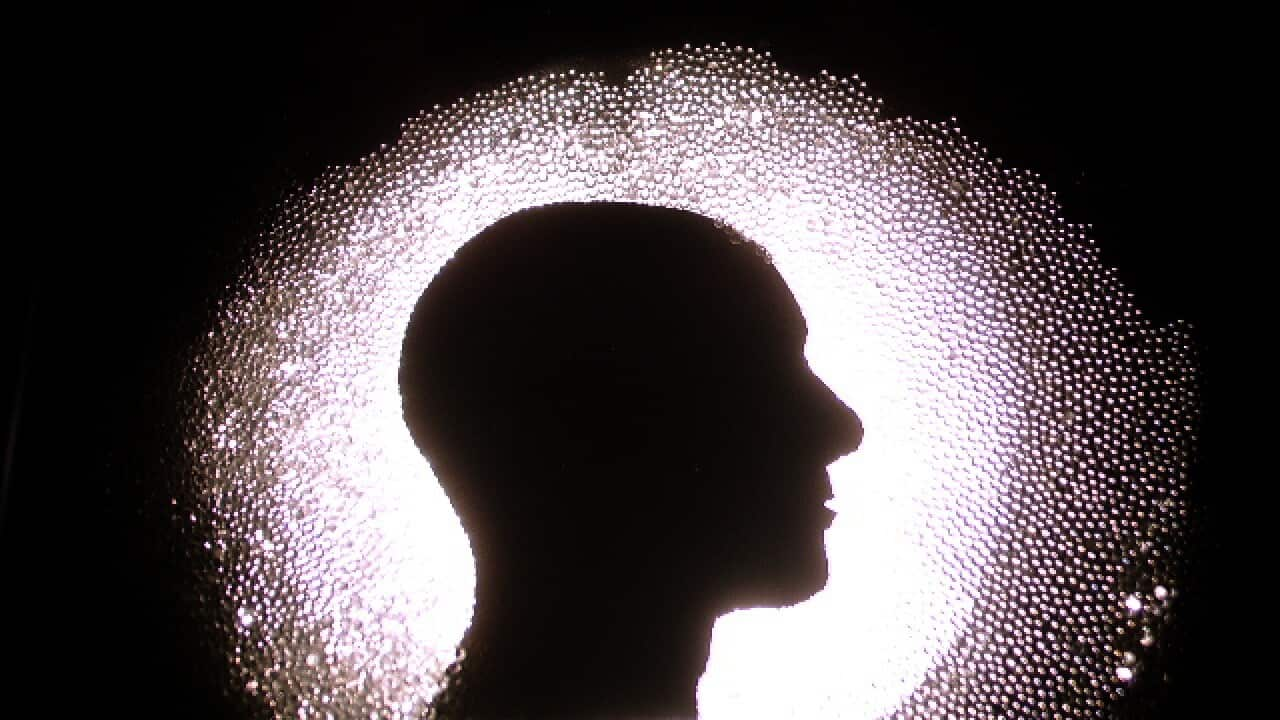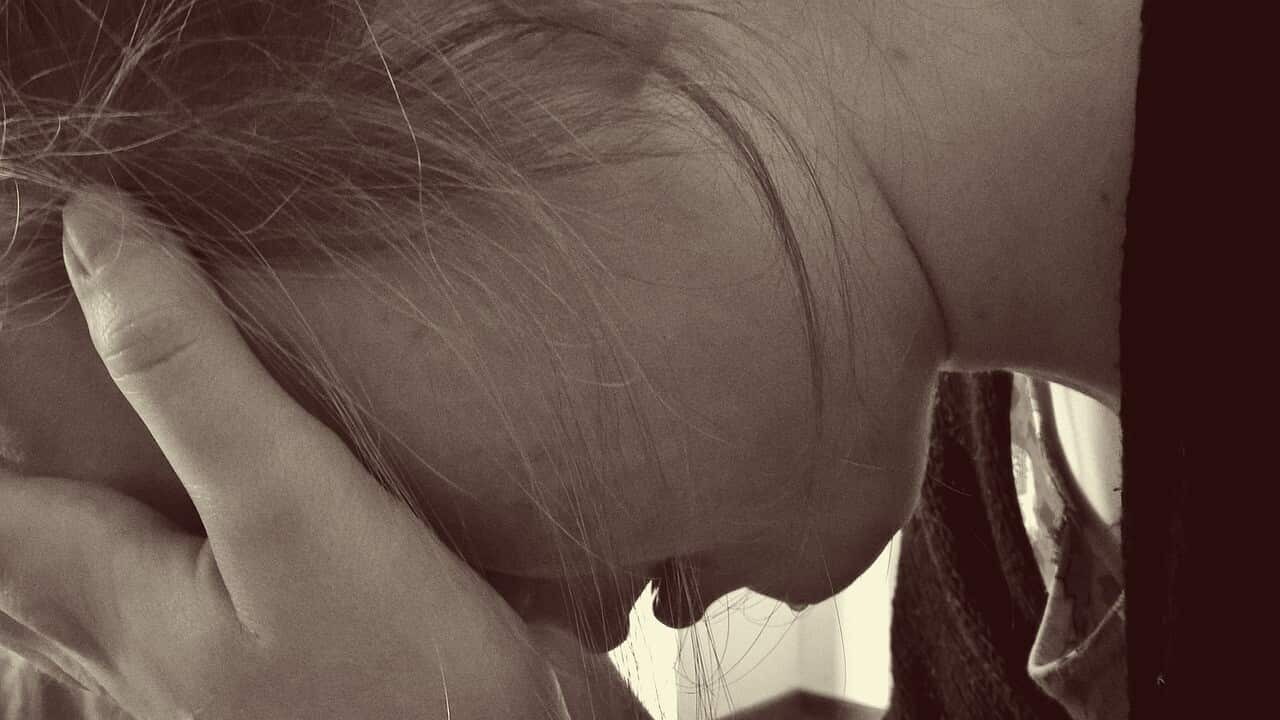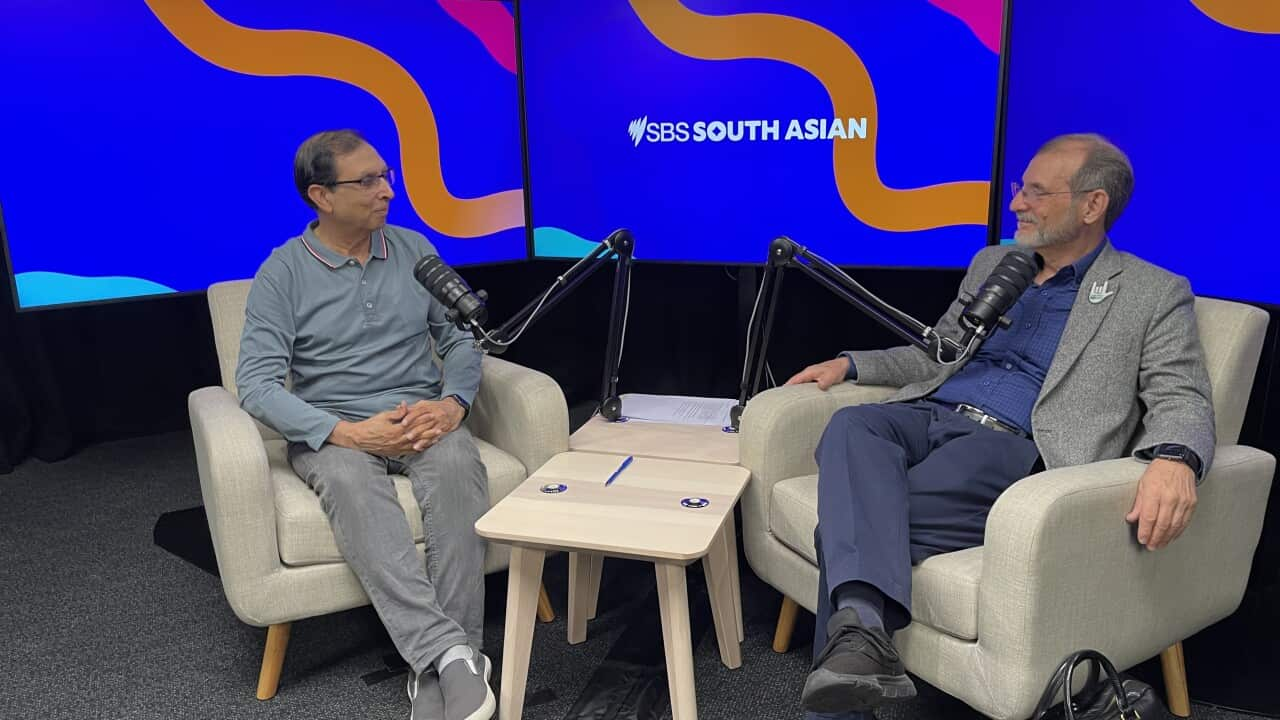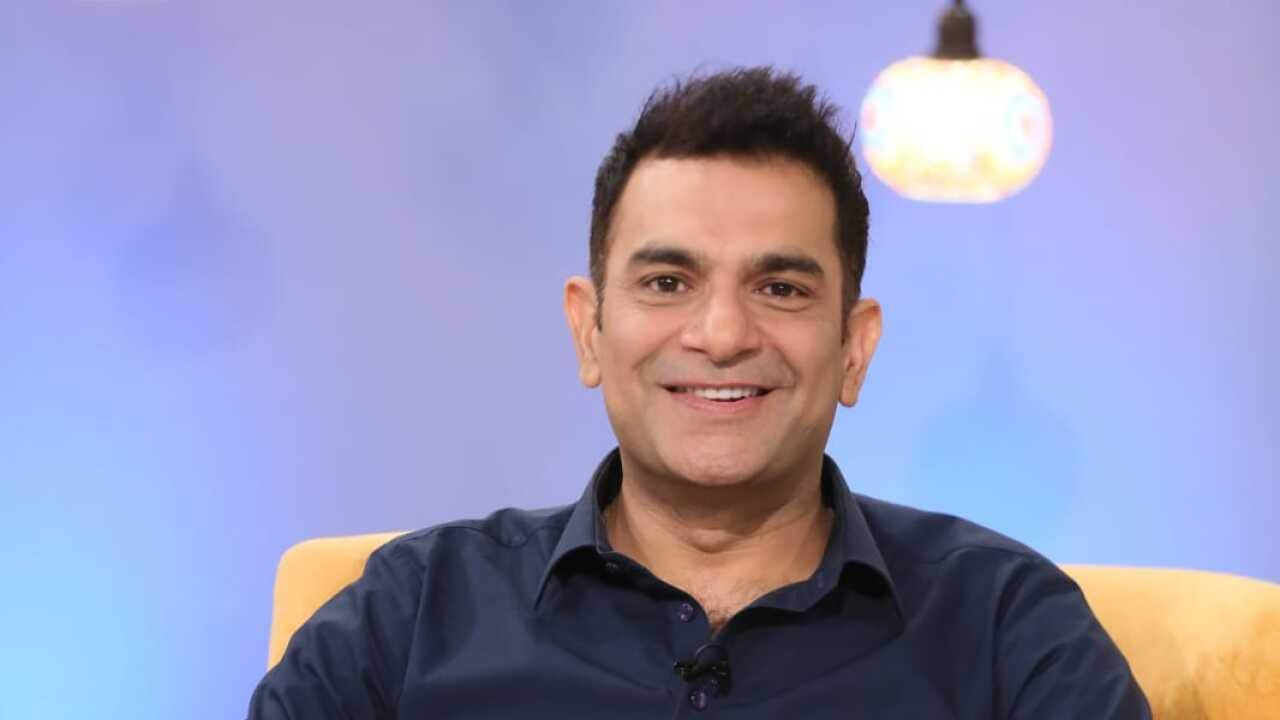Salman al-Abidin is a father of two children - a three-year-old and a five-year-old. Every day, he says, while he happily answers thousands of questions that his kids ask him out of curiosity, there is one more person whose questions make him sad. These are asked out of memory loss by his 84-year-old father; he suffers from dementia.
The month of September is National Dementia Awareness month in Australia.

At present, at least 425,000 Australians are living with dementia, and Salman’s father is one of them. He says the statistic shocks him because even with such a huge number, he adds, there is still more to be done to create awareness about it and for the people affected by it. For Salman, families of people with dementia are also among those affected.
Dementia is a partial or complete loss of memory, where patients not only become acutely forgetful, they also find it difficult to structure simple sentences and understand what other people say.
Young people also at risk
Experts say it's also time to break the myth around dementia and age.
Sydney-based psychotherapist Amna Pervaiz says dementia can affect young people, too. Quoting from recent research she tells SBS Urdu that adults, as young as 30-years-old, can also be affected by dementia.
“It affects the functionality of the brain and there is a progressive decline in the cognitive ability. This can happen any time, at any stage of one’s life,” she says.
Genetic or environmental?
According to Amna, dementia can have various reasons. It can be both environmental and genetically transferred to future generations. However, she says, prolonged depressions, anxiety, stress or a big loss in life, are major triggers.
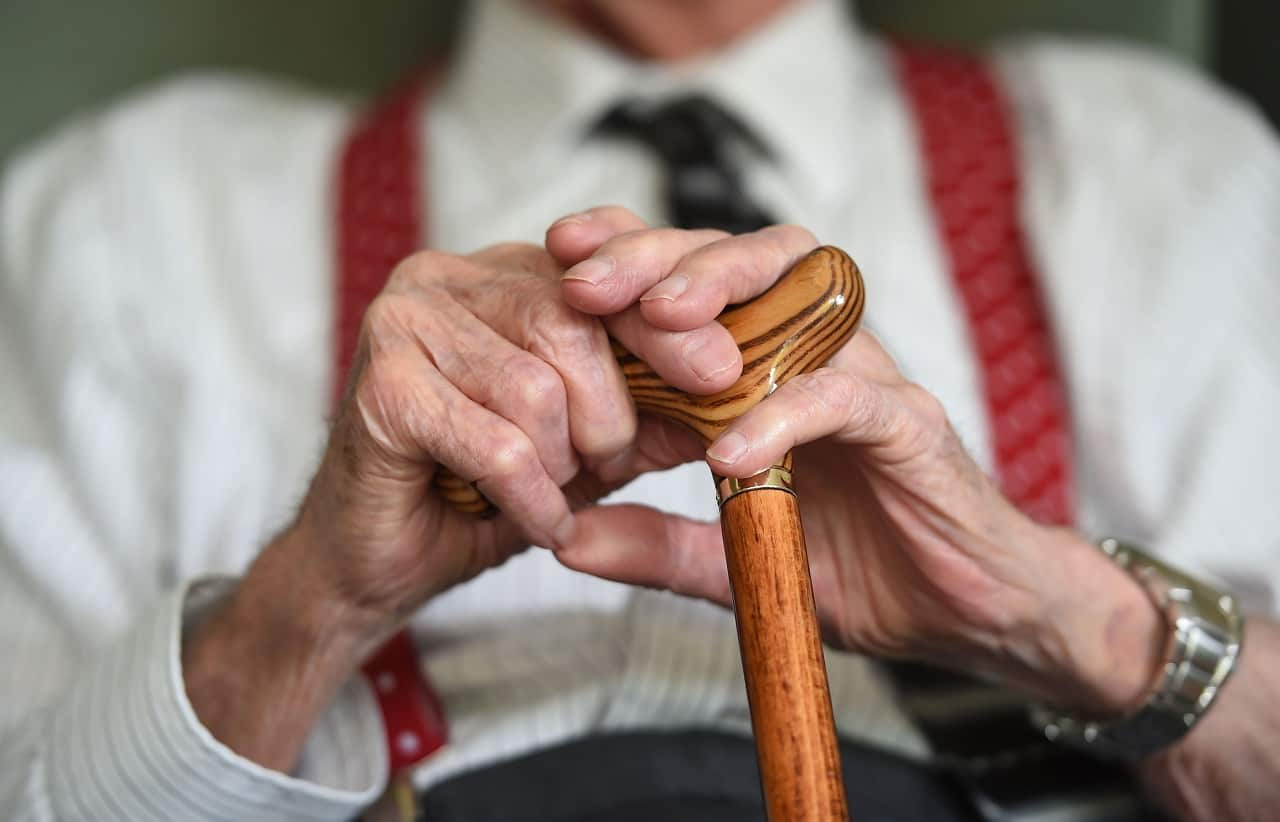
Salman says he lost his mother eight years ago to cancer - two years after diagnosis - and since then his father’s mental condition had been deteriorating.
'Dementia can affect young people, too, as young as 30-years-old' Amna Pervaiz, psychotherapist
“He would say she visits him when everyone is asleep; sometimes dressed as a young bride. His accounts kept changing, and now he forgets things within a few minutes. Even my name.”
Amna says these symptoms demonstrated by Salman’s father are very common in dementia patients. While patients remember some things stored in their subconscious mind, she says, they forget things from the recent past, and hence start living in their far past. It has various forms, and one of them is Alzheimer's.
She says dementia is incurable.
Migrant communities
Amna says that statistics on dementia in migrant communities in Australia, especially those from Pakistani backgrounds, are missing.
“One in every 50 patients I get is a Pakistani. This tells you a lot about how they mostly take mental health issues.”
'Untill then, my kids and I are trying to spend as much time as we can with him and answer all the questions that he asks, repeatedly.'
“They would rather visit an aamil (spiritual healer) looking to counter ‘black magic’, which they think maybe the major reason behind behavioural changes associated with dementia.”
Amna says such patients need constant support and attention, instead, they are pushed into isolation, subjecting them to further mental and physical deterioration.
For Salman, he says, he lacks the family support in Australia and is looking at options to send his father back to Pakistan, where his younger sister has agreed to take care of him.
By this time, Salman is already teary and does not want to continue talking about it.
“Till then, my kids and I are trying to spend as much time as we can with him and answer all the questions that he asks, repeatedly. Even if he doesn’t’ recognise us anymore, my children recognise him.”
National Dementia Helpline 1800 100 500
*Salman’s real given name has been kept confidential on request.
